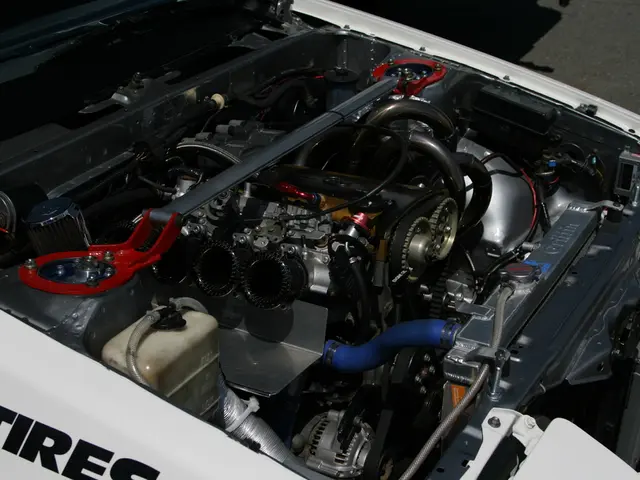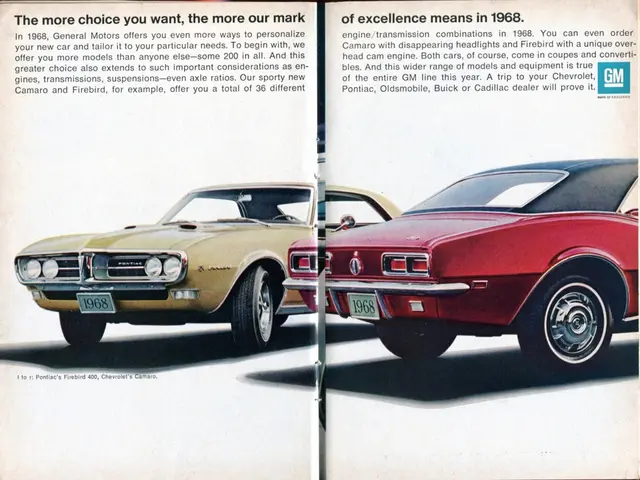Electric Bus Boom in Hamburg: The Race Towards Zero-Emission Public Transport
Termination of Project for 640 Speedy Electric Vehicles in Hamburg - Electric buses multiply in Hamburg, but federal funding exhausts
Hamburg's public transport companies, Hochbahn and Hamburg-Holstein (VHH), are leading the charge in Germany with nearly 640 electric buses. With 363 electric buses operational and 276 under VHH, Hamburg takes the crown as a pioneer in electrification against cities like Cologne and Berlin. The city's commitment to electric mobility is a beacon of hope in Germany's transition towards a sustainable future.
In a significant stride, the VHH reported in December that 277 of its 847 buses were emission-free. This development was chiefly due to the retirement of two minibuses and the addition of 84 electric buses to Hochbahn's fleet since November. Both companies will disclose their plans for further fleet electrification at upcoming press conferences. The Hochbahn has partnered with Daimler Buses to deliver up to 350 electric buses over the next five years.
However, the CDU party questions the feasibility of achieving full electrification by 2030. The emission-free status of electric buses only applies to their drives, as heaters, particularly essential in winter, run on heating oil, as confirmed by the Senate and the Left faction. Furthermore, the federal funding for new acquisitions, which are reported to be 2.5 times as expensive as diesel buses, is expected to run out this summer.
The challenge posed by the loss of federal funding is a cause for concern for both VHH and Hochbahn. The transportation transition is a collective, nationwide endeavor that requires the collaboration of transport companies and the federal government. VHH is counting on a follow-up funding decision at the federal level to continue their transformation and infrastructure expansion. The technical director of the Hochbahn, Jens-Günter Lang, has already highlighted the need for a follow-up regulation to maintain the course towards emission-free mobility.
It's important to note that while there's no recent federal funding program exclusively targeting Hamburgs bus fleet electrification, cities like Leverkusen have benefited from federal and regional government initiatives, with the Federal Ministry for Transport co-funding €16.8 million for electric and hydrogen buses. Central European cities are actively seeking EU and national funding to support fleet electrification, infrastructure upgrades, and smart grid technologies. As Hamburg hosts the UITP Summit 2025 and launches new zero-emission bus models, the city is poised to continue its leadership role in the transition to a sustainable transportation future.
In conclusion, despite the challenges in funding and the debate over full electrification, Hamburg remains resolute in its commitment to a zero-emission public transport system. The city's status as a hub of electrification in Germany is likely to continue with ongoing support from EU, national, and regional funding sources.
- The city's commitment towards a sustainable future extends beyond public transport, as it also considers relevant policies in areas such as community and employment.
- As electric vehicles gain traction, industries like finance and transportation are examining their roles in the growth of this sector, with the possibility of investing in electric bus manufacturing being a consideration.
- The lifestyle preferences of Hamburg's residents may also shift towards electric cars, given the city's commitment to reducing emissions and promoting electric mobility.








